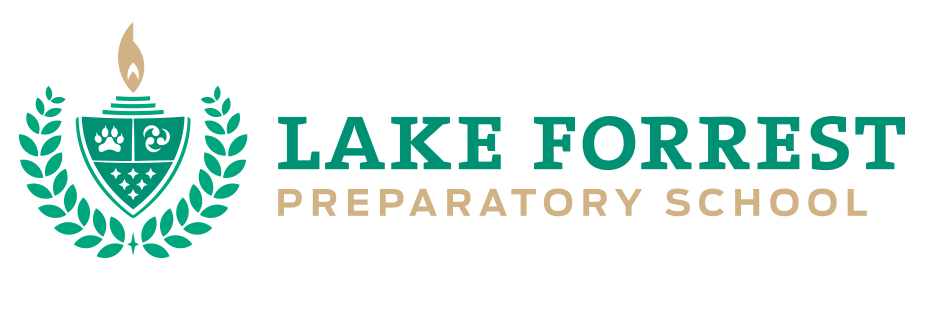How adults save and spend money can be confusing for kids of any age. In an era where paying for goods and services is largely online, it’s more important than ever to talk to your child about how saving and spending money works.
Here are a few ways to help your child become more financially savvy no matter their age:
Pre-School / Elementary school
- The Money Jar Method: Take three jars and label them “Saving,” “Spending,” and “Giving.” (If your child is younger, make two jars for saving and spending.) Whenever your child gets money (i.e., through birthdays or chores), have them split the cash into the jars equally. This teaches them that money can serve multiple purposes.
- Comparison Shopping: Teaching your child how to read a store price label and compare that price with other products can help them spot savings as they get older. When you go grocery shopping, have them look at the size, price and brands of what you’re buying. Discuss the differences between the products, and talk about how name brands don’t always offer better value.
Middle school
- Yard Sales: Put your tween in charge of the family’s annual yard sale! Give them the opportunity to set prices, keep tabs on earnings and even negotiate with customers. This not only gives them real-world experience with understanding value but also instills leadership and meaningful ownership over an event important to the entire family.
- Bank Accounts: Even if your pre-teen doesn’t have a steady job, there’s still a chance they have cash lying around from allowance, holidays or gifts. Opening up a bank account — either savings or checking — can help them get used to regularly monitoring their finances. By linking their account to your own, you can also ensure they’re not spending too much too quickly.
High school
- Set a Budget: Budgets give your child an opportunity to practice living within their means, planning ahead and seeing just how much they spend on certain items. If your family has a budget of its own, share with them why you laid out your budget the way you did.
- Charitable Giving: Regular donations often take a backseat in financial literacy, but it can be one of the most meaningful money-based activities your teen can learn. Have your child pick four charities that interest or inspire them, and decide how they can give consistently to support that cause.
Learning about money doesn’t start and stop inside the classroom. At Lake Forrest Prep, a private school in Orlando, we believe that effective money habits come from real-world opportunities. For more tips on how to create a learning environment at home, check out our blog.


